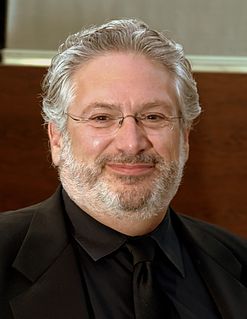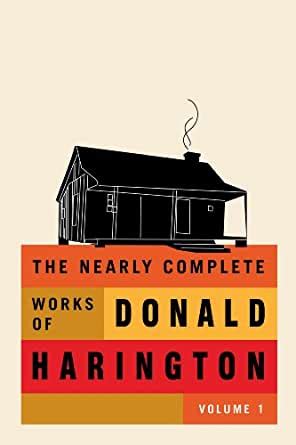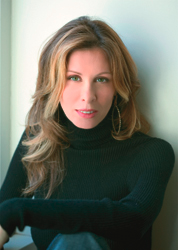A Quote by Jane Yolen
Don't let anyone discourage you from writing. If you become a professional writer, there are plenty of editors, reviewers, critics, and book buyers to do that.
Related Quotes
The thing we call critics are not really reviewers, they are not really critics. They don't have the discipline to write what we would term as critique - it's really just reviewers. They have a common man kind of taste. If you watch them overall, they are not different from the box-office. That's my view.
As the book writer for one big smash and one big smelly flop, I always wondered if anyone knows just what goes into making a great musical. When a show is a hit, the critics trip over themselves not knowing who to laud and applaud the loudest. It's that marvelous score, those urbane lyrics, that irreplaceable star. But only when a show is a flop, does anyone notice the book writer. And then it's always our fault.
The people who review my books, generally, are kind of youngish culture writers who aspire to write books. When someone writes a book review, they obviously already self-identify as a writer. I mean, they are. They're writers, they're critics, and they're writing about a book about a writer who's a critic. So I think it's really hard for people to distance themselves from what they're criticizing.




































